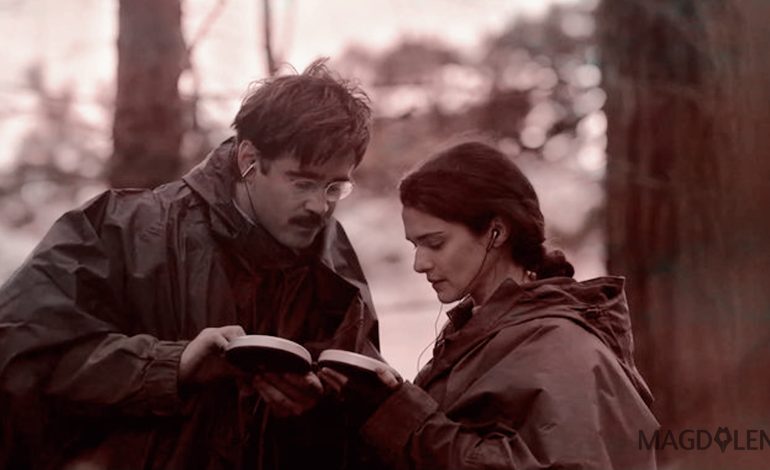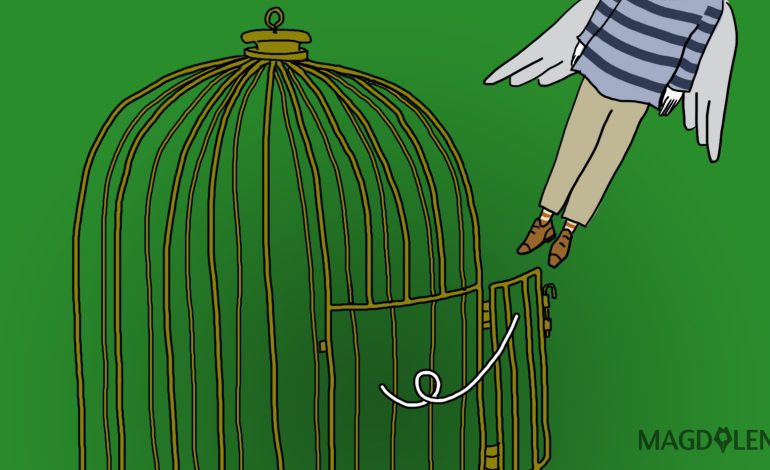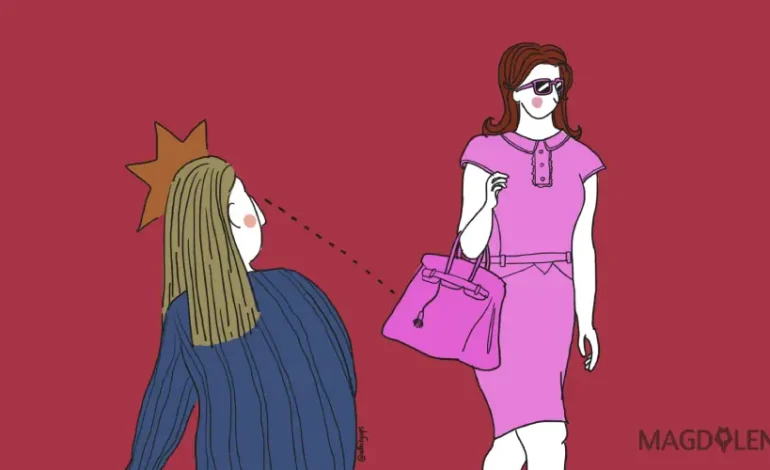‘The Lobster’ Questions Systems, Relationship and All Its Trappings

A middle-aged man is crying hard after finding out he needs to divorce his wife, but his desperation is more than just a melodramatic reaction. In the world he is living, single people are put together in a brutal hotel where they are obliged to find a partner within 45 days, or they will be turned into animals of their choosing.
This premise makes The Lobster one of the most intriguing and thought-provoking movies that you probably missed last year, constructing a world of dysfunction, while questioning the very essence of relationship.
The film delicately introduces a dystopian society, where being single is strictly illegal and courtship is the key to survival. It is produced out of concern about the way our society glorifies relationship.
Watching the film, I came to realize how impossible it is not to internalize the pressure from the society and the overall system of finding someone to be with, as if it is the ultimate goal in life, whether simply to reproduce or, as the film implies, to validate our very existence.
Yorgos Lanthimos, the eccentric Greek filmmaker known for his previous magnum opus Dogtooth, approached this issue by creating a set of new logic, which we likely perceive as a chain of absurdities. It is part of his attempts to challenge the current social construct, provoking questions on all the things we consider as normal.
In his interview with BFI, Lanthimos explains the world he creates in The Lobster, “…whatever we have observed in our behavior and the way we have constructed this world, we want to make people wonder whether all of those things are true.”
Through the life experience of its main character David (starring Colin Farrell), we are to witness how a person who doesn’t fit in a system struggles to get out of it, only to find himself trapped in another. David explains why he choses to be a lobster if he fails to find a partner in The Hotel, saying, “lobsters live over a hundred years and stay fertile all their lives.”
It brings us again to the essence of life itself: to survive.
Interestingly, all the systems being introduced in the film have something in common: they all require obedience where laws or rules are applied and disobeying them will result in vicious punishments on the individual.
To be part of a system often means compromising our sense of self, for we are to be fitted into boxes where there is no choice other than what is given. During his stay at The Hotel, David has to decide whether his shoes size would be 44 or 45 for his 44.5 sized feet; whether he is to be registered as a homosexual or heterosexual – but not bisexual because it often causes frictions in The Hotel, as the staff explains.
Another thing being poked at is the fact that finding a partner in our current society involves the urgency of having similarities. As matchmaking digital platforms show, obsession with commonality makes people measure the prospect of a successful relationship based on how many favorite books, movies, bands, hobbies or values they have in common with their potential match.
In his interview with the Guardian, Colin Farrell called finding a person who likes the same thing that we like a rather “narcissistic approach”.
By eloquently criticizing the hypocritical world in which similar traits are put upfront to determine couple’s compatibility, the film takes the “looking for shared-interests” mission to the extreme: courtship is only possible when two people have the exact same flaws, such as frequent nosebleed, short-sighted eyes or limping feet.
As a result, the characters go to extremes to prove they have the required shared qualities when they actually don’t, building relationships based on lies, fabricating what it means to find love.
The black satire embodies a peculiar tone that reflects the director’s signature made of bizarre elements formulation, thrilling suspense and dark comedy. But as in Dogtooth, what struck me the most in The Lobster is the ending.
David once again maintains the shroud of mystery and unpredictability after finding out that his potential partner has failed to live up to what he aspires to. The tragic incident that happens to his partner marks his retreat. It leaves a scar of an infinite lonesomeness, where he has no choice other than leaving the hole wide open and the void unfulfilled. It haunts us with a cynical outlook yet hopeful of what lies ahead on the other side of the other side.
And we are still to question whether to believe that love is not fabricated and whether a particular system would eventually satisfy all.
Find out how these series of music videos and films challenge India’s discriminative norms.






















